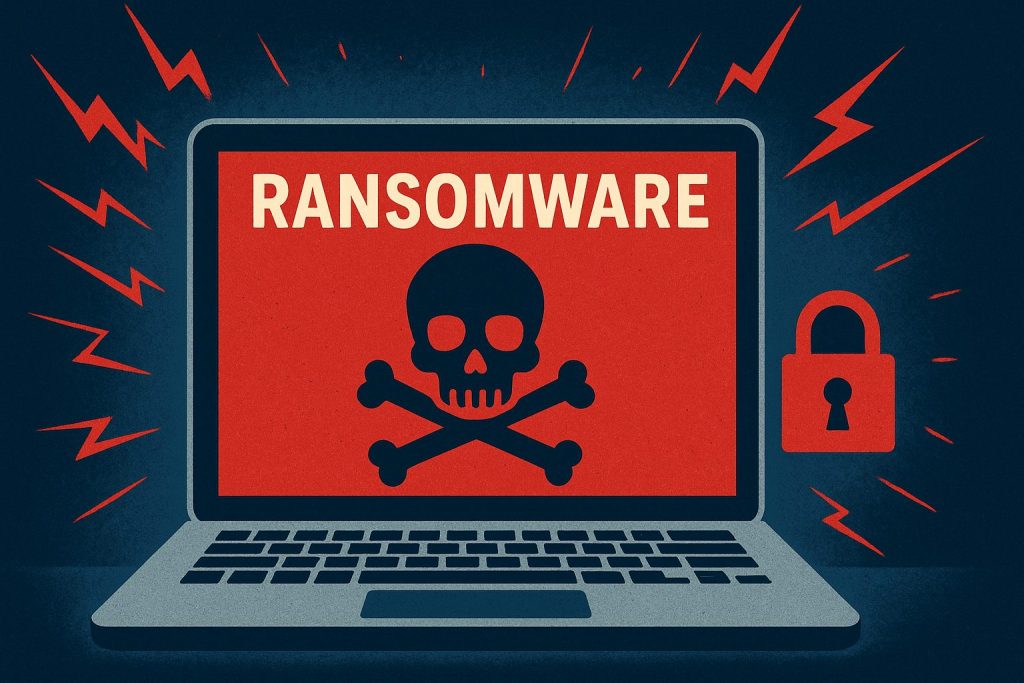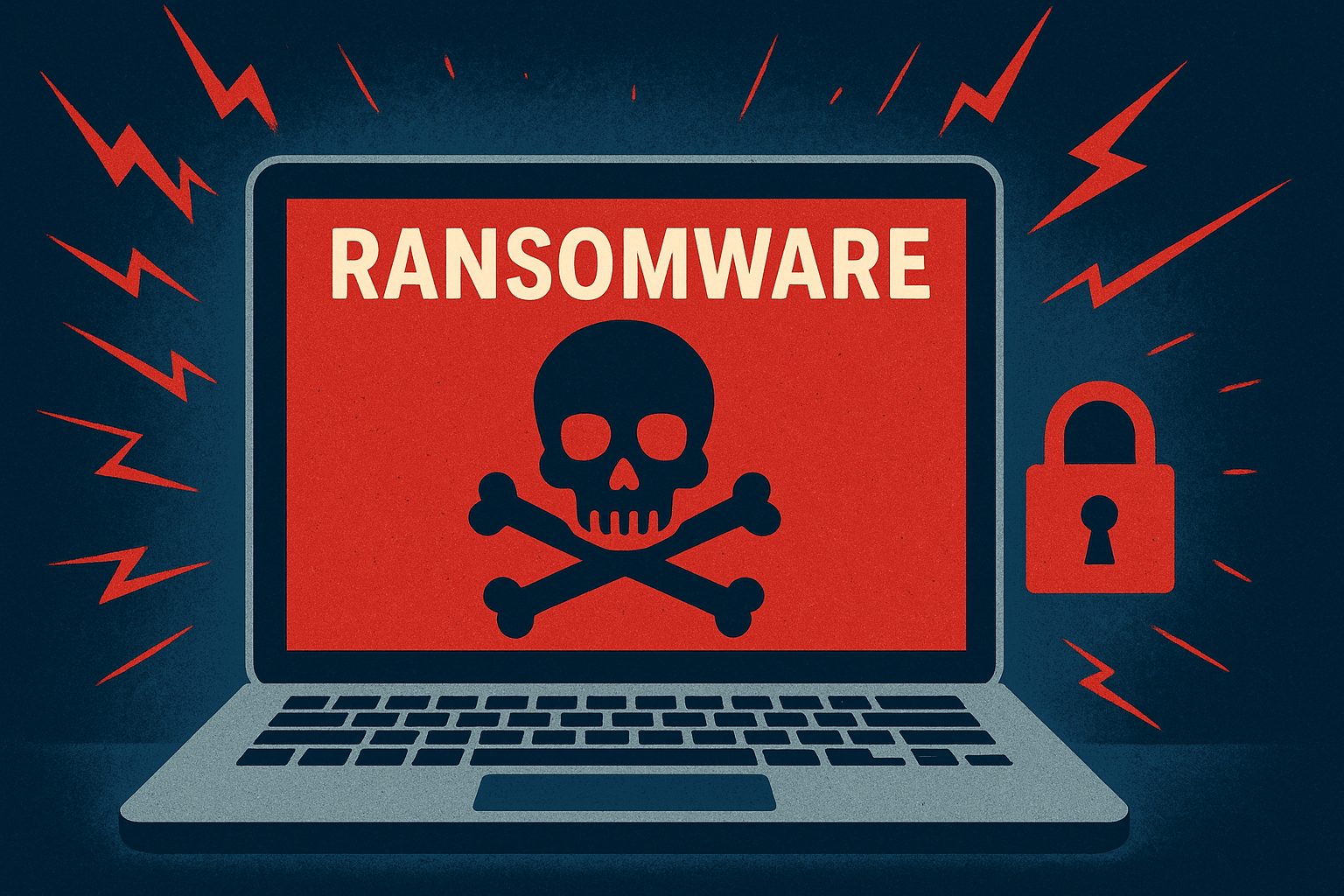
Ransomware attacks have become one of the most dangerous online threats for individuals and businesses today. These cyberattacks encrypt your data and demand payment to restore access, often leading to financial loss and downtime. Understanding how to protect your devices and what steps to take can make a huge difference. In this article, we’ll go through effective strategies to prevent ransomware attacks, maintain online safety, and strengthen your cybersecurity defenses.
Effective Ways to Prevent Ransomware Attacks
Ransomware spreads through phishing emails, malicious downloads, and software vulnerabilities. To prevent an attack, the first step is to always keep your software and operating system updated. Updates often include patches for security flaws that hackers exploit to install ransomware. Never ignore update notifications; instead, schedule them regularly to ensure your system is protected against the latest threats.
Another key prevention technique is to back up your data frequently. Store backups offline or on secure cloud services that offer strong encryption. This ensures that even if ransomware infects your device, you’ll be able to restore your files without paying the attackers. Automate your backups where possible to avoid forgetting critical data.
User awareness is the strongest defense against ransomware. Attackers rely on human error—like clicking suspicious links or downloading unknown attachments—to gain access. Educate yourself and your team to recognize phishing emails, double-check sender addresses, and distrust unsolicited attachments. Cybersecurity training can significantly reduce the risk of a successful attack.
Best Cybersecurity Tips to Stay Safe Online
Strong, unique passwords are the foundation of online safety. Use a password manager to create and store complex passwords for every account. Enable multi-factor authentication (MFA) wherever possible to add an additional layer of security that keeps hackers from accessing your data even if they steal your password.
Avoid public Wi-Fi whenever handling sensitive information. Unsecured networks can allow cybercriminals to intercept your data. If you must use public Wi-Fi, connect through a trusted Virtual Private Network (VPN) to encrypt your traffic. A VPN ensures that your data stays private, even on untrusted networks.
Keep your devices protected by using reliable antivirus and anti-malware tools. Regularly run scans and monitor for any signs of unusual activity. Many modern operating systems include built-in security features, but investing in a premium cybersecurity suite provides additional real-time protection against ransomware, keyloggers, and other threats.
Protect Your Devices from Hackers and Malware
One simple but powerful method to protect your devices is to disable macro scripts in Microsoft Office and other applications. Ransomware often hides in macro-enabled files sent through email attachments. Blocking these macros prevents automated scripts from running malicious code on your system.
Regularly review your network permissions. Only allow trusted applications, users, and devices to connect. Setting up a firewall and intrusion detection system helps monitor and filter incoming traffic, quickly identifying suspicious behavior. Network segmentation also ensures that if one part of your system is breached, the rest remains safe.
If you use smart devices or IoT gadgets, always change default usernames and passwords. Smart devices are common entry points for hackers when left unsecured. Keep their firmware updated and restrict remote access features when not needed. The fewer points of vulnerability, the lower your chance of being attacked.
Q&A: Common Questions About Ransomware
What should I do if I’m attacked by ransomware?
Do not pay the ransom. Instead, disconnect from all networks, report the incident to cybersecurity authorities, and contact a professional recovery service. Then, restore your data from secure backups.
Can antivirus software stop ransomware?
Yes, many modern antivirus programs can detect and block ransomware before it encrypts your files. However, no solution is 100% foolproof, so combining antivirus protection with good habits is essential.
Is ransomware prevention expensive?
Not necessarily. Many effective security measures, such as regular updates, backups, and cybersecurity training, cost little or nothing but provide strong protection against ransomware attacks.
Ransomware prevention starts with awareness, preparation, and proactive protection. By keeping your systems updated, training yourself and your team, and using strong cybersecurity tools, you can minimize risks and safeguard your digital life. Staying vigilant and ready is the best way to stay safe from evolving cyber threats and keep your data secure online.

Leave a Reply